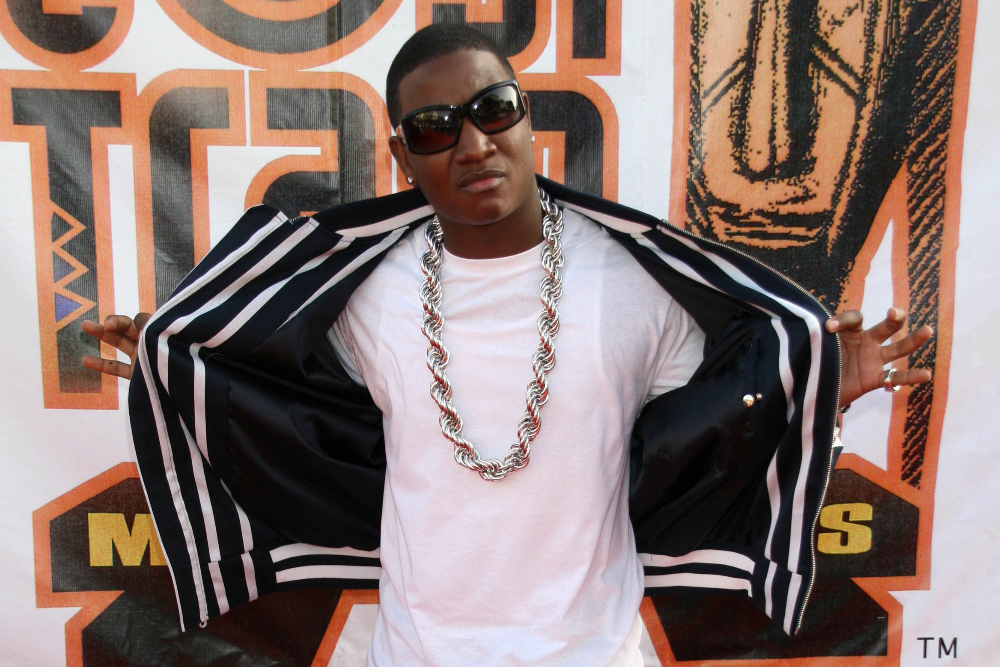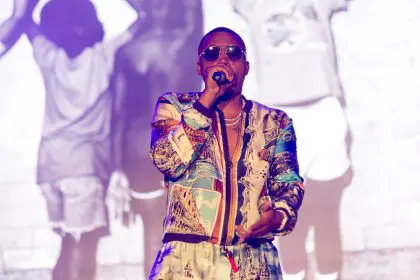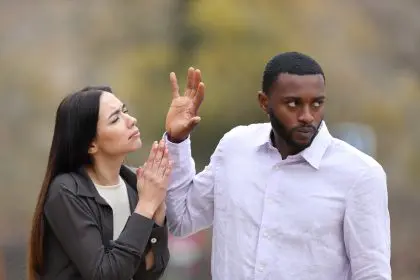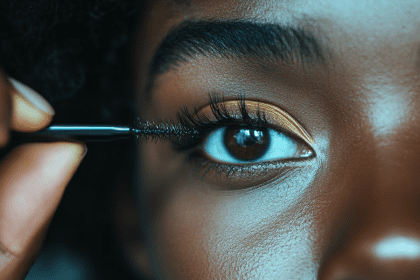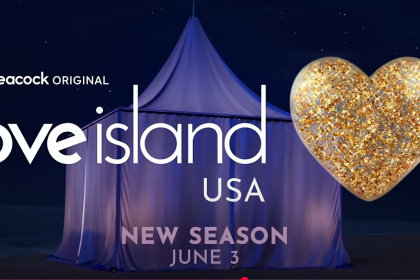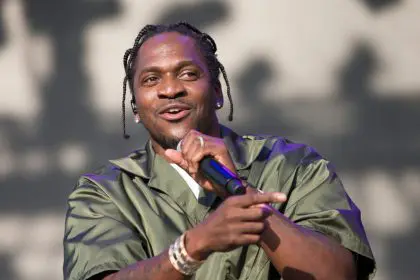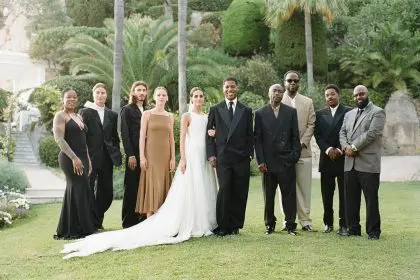Rapper Yung Joc revealed he was removed from performing at Vice President Kamala Harris’ rally due to a lyric referencing former President Donald Trump. The revelation came during his Nov. 12 appearance on Angela Yee’s Power 105 show “Way Up.”
Joc shared how his initial excitement turned to disappointment when organizers rescinded the invitation over a line from his hit single “It’s Goin’ Down” that states “Boys in the hood call me Black Donald Trump.” The lyric, written years ago, has taken on new significance in today’s political climate.
The incident highlights the growing scrutiny of artists’ past work in political contexts. Joc explained the lyric was intended as promotional content when originally written, suggesting a disconnect between past artistic expression and current political sensitivities.
The performance cancellation has reignited discussions about Joc’s previous controversial statements. In 2023, he made headlines after revealing he would decline a $250,000 offer to perform at LGBTQ+ events. During a VladTV interview, he expressed discomfort about such performances, citing concerns about audience behavior.
His comments sparked significant social media criticism. Users questioned both the likelihood of such an offer and his stance on LGBTQ+ audiences. One Twitter user noted, “Aside from the fact that lust is the last thing on anyone’s mind while looking at Yung Joc, let’s also talk about how nobody is paying $250k for a performance from him either.”
The controversy extends beyond personal career implications, touching on broader issues within hip-hop culture. As the genre continues its evolution from counterculture to mainstream influence, artists increasingly face scrutiny over their past lyrics and public statements.
The incident raises questions about the relationship between artistic expression and political engagement. For many artists, navigating this intersection has become increasingly complex as lyrics written in different social contexts face reexamination under current standards.
The situation also reflects growing tensions between traditional hip-hop culture and modern social movements. As society moves toward greater inclusivity, artists find their past statements and creative choices under increased scrutiny.
Social media reactions have highlighted changing audience expectations regarding artists’ public statements and political alignments. Many users expressed frustration with both Joc’s stance on LGBTQ+ performances and his surprise at the political consequences of his Trump reference.
Industry observers note that such incidents may influence how artists approach political content in their music. The immediate consequences of past lyrics on current opportunities demonstrate the lasting impact of creative choices in an increasingly politically conscious entertainment landscape.
As hip-hop continues its cultural evolution, artists like Joc face new challenges in reconciling their artistic history with current social expectations. The incident serves as a reminder of how quickly political contexts can change, affecting the interpretation and reception of artistic expression.
This situation highlights the complex relationship between creative freedom and political sensitivity in contemporary music. As artists navigate these waters, they must increasingly consider the long-term implications of their creative choices and public statements.

